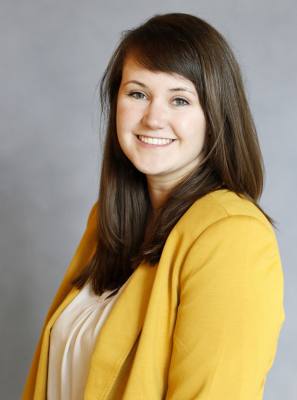In response to residents' concerns, Fort Bend County Commissioners Court has tasked a special committee to review
a change in the Fort Bend County’s emergency dispatch practices that began in January.
The commissioners voted 5-0 on May 28 with direction to bring back recommendations in July on whether to keep the county’s current dispatch practices and policies or enact changes, such as adding personal and departments, involving an independent dispatch service or purchasing new technology.
Last year, Precinct 1 Commissioner Vincent Morales and former Precinct 4 Commissioner James Patterson examined strategies to improve efficiencies in the county’s dispatch system, Sheriff Troy Nehls said. However, efforts to implement new software were stalled about 60 days ago, Fire Marshal and Emergency Management Coordinator Mark Flathouse said.
The new committee will consist of Flathouse, Emergency Medical Services Chief Graig Temple; staff representatives from the county’s information technology department, sheriff’s office and attorney’s office; and staff representatives from emergency service districts and municipal fire and police departments, Precinct 3 Commissioner Andy Meyers said.
Morales also suggested adding an outside expert to lead the committee.There will be no elected officials on the committee, Precinct 2 Commissioner Grady Prestage and Judge KP George stressed.
“I want to make sure that the charge to this committee is a genuine charge, that it’s not a predetermined answer,” Prestage said. “Don’t tell them to go justify what we want to do or what I want to do. It needs to be objective, and it needs to look at all aspects.”
The policy change
On Dec. 20, the Fort Bend County Sheriff’s Office sent an email to all county constable offices regarding a change in policy.
It stated, “Beginning [Jan. 1] calls for service in supplemental patrol areas covered by Fort Bend County constables will be dispatched to a [sheriff’s office] patrol deputy and not the contract constable.”
The missive also indicated only sheriff’s deputies would be able to close out calls for law enforcement aid.
Fort Bend Chief Deputy David Marcaurele said at the May 28 meeting the policy change was enacted because contracted deputies—such as the Precinct 3 constable and deputies—are meant to be a supplemental service, not the primary public safety entity. Contracted deputies could be suspended at any point, he said.
However, this change in policy caused concern among many residents in Precinct 3—which covers the Katy, Fulshear and Simonton areas—regarding contracts between neighborhoods and the constable office for patrolling unincorporated areas of the county. Residents are worried that the nearest available law-enforcement officer, such as the contracted constable deputy they are paying for, may not be dispatched to respond to calls, Meyers said at the meeting.
Of the 20 such contracts in Precinct 3, 18 are with the constable’s office and two are with the sheriff’s office, Precinct 3 Constable Wayne Thompson said at the meeting.
Nehls said at the meeting his department received four phone calls from residents related to the policy change and three of them visited the dispatch center. When the residents left, they understood the reasoning for the policy change and how the dispatch center works to send the right public safety units to an emergency, he said.





